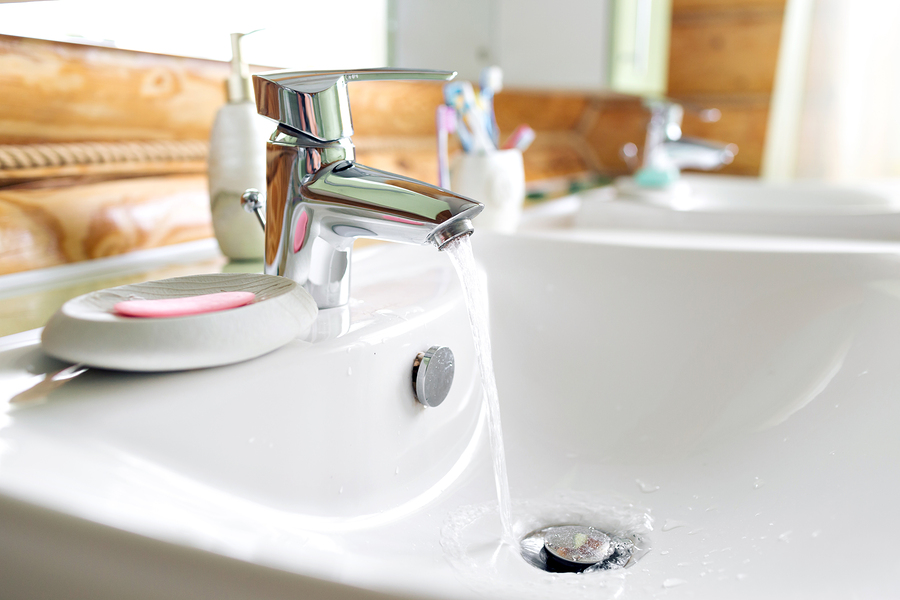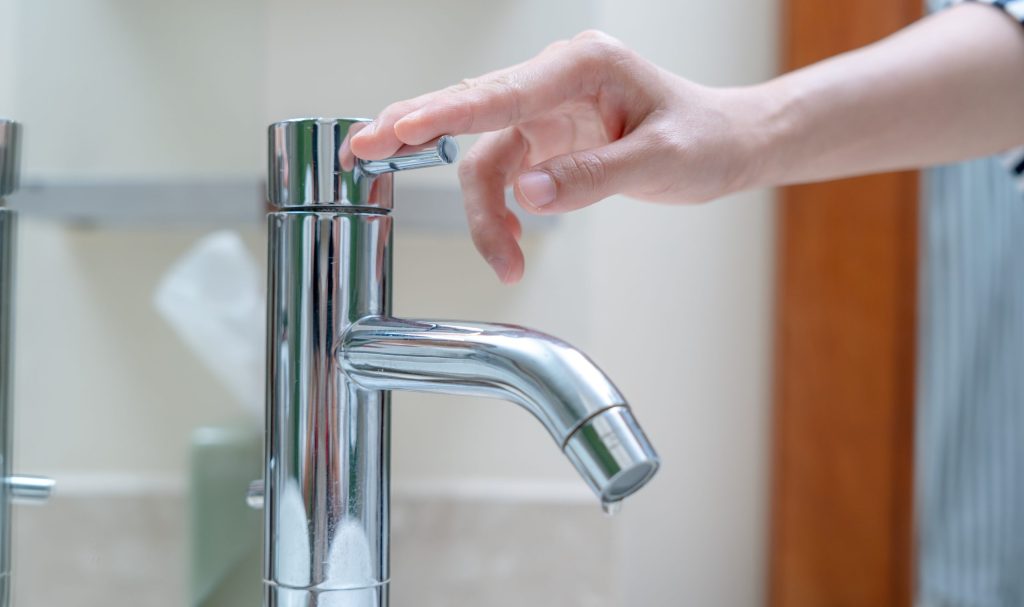
How to Reduce Water Usage in Business Operations
Share
In today's era of environmental consciousness and technological advancement, businesses are increasingly under pressure to adopt sustainable practices. One crucial area of focus is the need to reduce water usage in business operations. With the global water crisis looming, it is not only an ethical obligation but also a smart financial strategy for businesses to minimize their water footprint. In this article, we will delve into various techniques and technologies available to help your business achieve this goal.

Understanding the Importance of Water Conservation
Before diving into methods to reduce water usage, it's essential to understand why it matters. Water is a finite resource, and with increasing industrial activities, the stress on water supplies is mounting. According to the Wikipedia on Water Conservation, conserving water not only helps in sustaining the environment but also reduces costs for businesses. Implementing water-saving measures can lead to significant savings on utility bills and improve a company's public image.
Technological Innovations in Water Management
Technology has always been a driving force in efficiency improvements. In the realm of water conservation, tech solutions are proving to be game-changers. From smart irrigation systems to water-efficient appliances, technology offers numerous opportunities for businesses to save water.
Smart meters, for example, provide real-time data on water usage, enabling businesses to identify leaks and unusual consumption patterns quickly. By leveraging data analytics, companies can optimize their water usage and reduce waste. For more insights on smart solutions, check out our article on Benefits of Water Conservation.
Implementing Water-Saving Practices
Beyond technology, there are several practical steps businesses can take to reduce water usage. Regular maintenance of plumbing systems to prevent leaks, installing low-flow fixtures, and recycling water are simple yet effective practices. Encouraging employees to adopt water-saving habits can also make a substantial impact.
For businesses in sectors like agriculture and manufacturing, which are high water consumers, adopting water-efficient processes is crucial. Techniques such as rainwater harvesting and greywater systems allow for the reuse of water, reducing dependency on freshwater supplies. Learn more about these techniques in our guide on Ways to Conserve Water at Home.
The Role of Policy and Regulation
Government policies and regulations also play a critical role in driving water conservation efforts. Compliance with these regulations not only avoids legal penalties but often comes with incentives for businesses. Staying informed about local water regulations can provide competitive advantages and foster sustainability.
For instance, in many regions, businesses that invest in water-saving technologies are eligible for tax rebates and subsidies. This financial incentive further underscores the importance of adopting sustainable practices.

The Future of Water Conservation in Business
As awareness grows, more businesses are expected to integrate water conservation into their core strategies. Innovations in IoT and AI are paving the way for more sophisticated water management systems, allowing for predictive maintenance and automated conservation measures. For a deeper dive into future trends, explore our article on Water Management in Cities.
Ultimately, reducing water usage is not just about cutting costs or meeting regulatory requirements. It's about ensuring a sustainable future for generations to come. By taking proactive steps today, businesses can lead the way in environmental stewardship, setting a precedent for others to follow.
FAQs
Q: What are some immediate steps businesses can take to reduce water usage?
A: Businesses can start by installing water-efficient fixtures, regularly maintaining plumbing systems, and educating employees on water conservation practices.
Q: How does technology aid in reducing water usage?
A: Technology provides tools like smart meters and IoT devices that offer real-time insights into water consumption, enabling businesses to identify and address inefficiencies.
Q: Are there financial benefits to reducing water usage in business?
A: Yes, reducing water usage can significantly lower utility bills, and many regions offer tax incentives and rebates for businesses that implement water-saving technologies.
